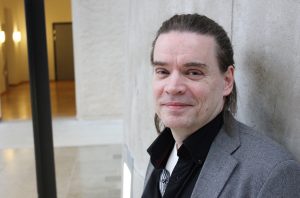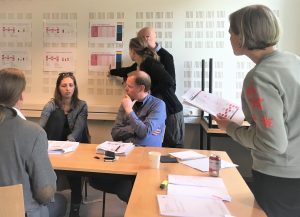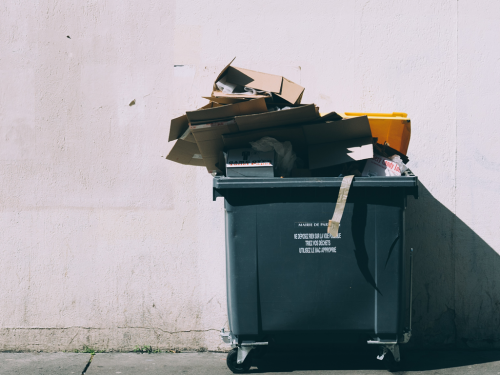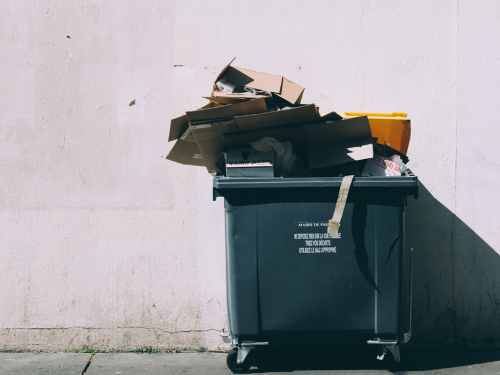Modeling of recycling project steps in to the next phase
On Tuesday, 28th of May, the second general meeting of the project Modeling of Recycling was held. The project is progressing well with positive expectation for the coming consensus process, but first the project group will focus on case studies to test the methods that have been listed as most relevant.
We took the opportunity to ask Tomas Ekvall, the project manager, a few questions about the day and the continuation of the project.

– If you look at the value of the final outcome: to agree on which methods should be used in what situations – after today it almost feels like we can get there. The ambition was never really to get that far.
How does the project progress?
It is a very fun and rewarding project to lead and it’s basically going according to plan.
What was on the agenda for this meeting?
To report on what we have done so far and also to get the participants view on which methods are the most important to focus on in the upcoming case studies.
How did it turn out?
It went really great. There was a surprisingly large agreement on which methods that are the most interesting. This gives hope for the consensus process. The discussion was more structured compared to the first meeting, our project kickoff, which was less focused – you could almost say wilder. This might be because the early phases of the project have now been completed and structured information has been distributed to all participants.
What is the next step?
Next phase is to shift our focus to the case studies where at least the most interesting methods will be tested.
What are your thoughts based on the current situation?
It is more difficult than expected to find case study partners. We still want more case studies to complete the project with as great a result as possible.
Biggest hope?
To increase the knowledge on how recycling can be modelled in LCA, and as also to create a desire to understand these things.
I sense a joy in the group to get a deeper understanding of these methods. This project is a great opportunity for knowledge exchange and to learn from each other. Here we already have come a long way. If you look at the value of the final outcome: to agree on which methods should be used in what situations – after today it almost feels like we can get there. The ambition was never really to get that far.

The project Modeling of Recycling aims at analyzing and debating how recycling should be modeled in life cycle assessment (LCA) and similar environmental assessments, as well as contributing to international harmonization processes such as the international LCA standard and the EU guidelines for Product Environmental Footprint. The project is founded by Swedish Energy Agency through RE:Source and coordinated within Swedish Life Cycle Center.
The general project meeting on May 28th was the beginning of the next phase: the case studies, which will give input to the coming consensus process. Tomas Ekvall, project leader (IVL & Chalmers), Anna Björklund (KTH) and Kristian Jelse (IVL) was reporting on the progress so far. Until now, a preparatory study has been produced that consists of – Methods for modelling recycling; Criteria for assessing allocation methods and Assessment of methods where all project members have had the opportunity to provide input to the process.
Read more about the project:
Project page: https://www.lifecyclecenter.se/projects/modeling-of-recycling/
IVL:s news page: https://www.ivl.se/toppmeny/pressrum/nyheter/nyheter—arkiv/2019-02-08-nytt-projekt-ska-forbattra-lca-modellering-av-atervunnet-material.html
If you are interested on knowing more about the project and how to get involved, please contact jenny.lagergren@chalmers.se to get more information.
Text: Jenny Lagergren
Photo: Jenny Lagergren & Ulrika Georgsson



